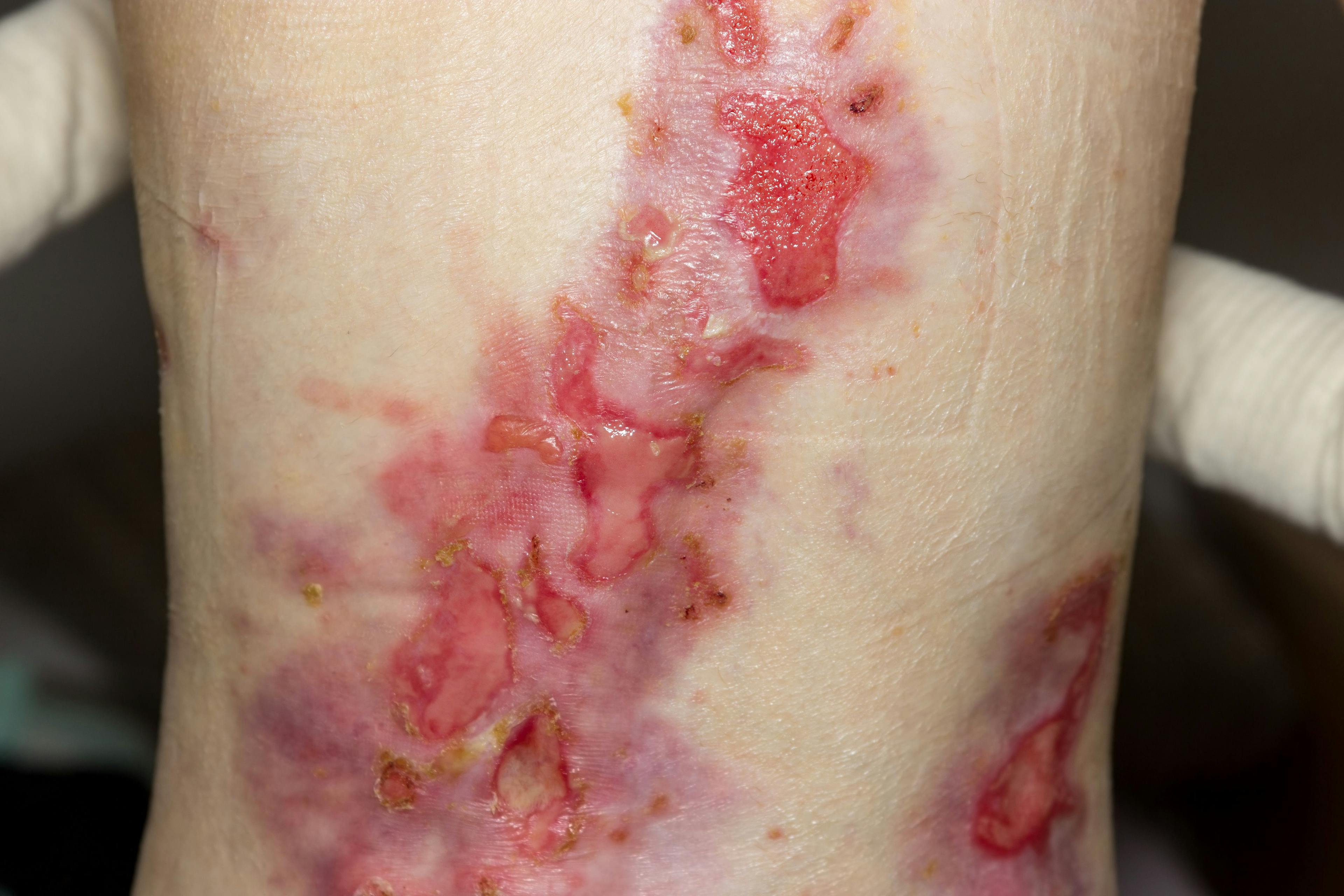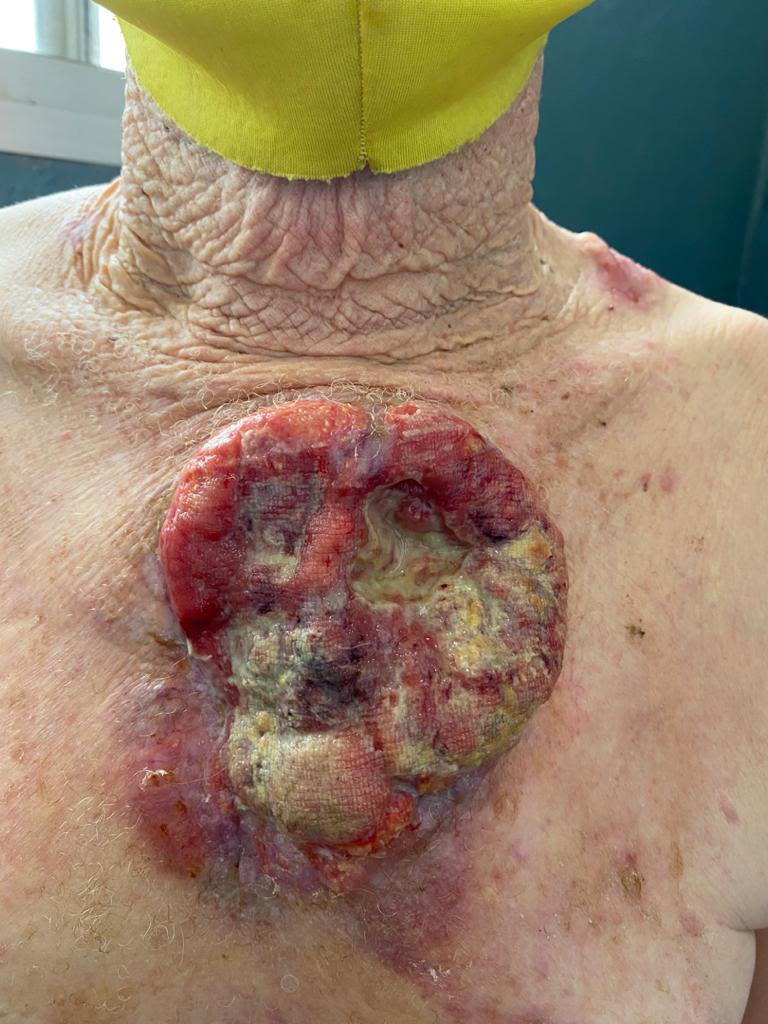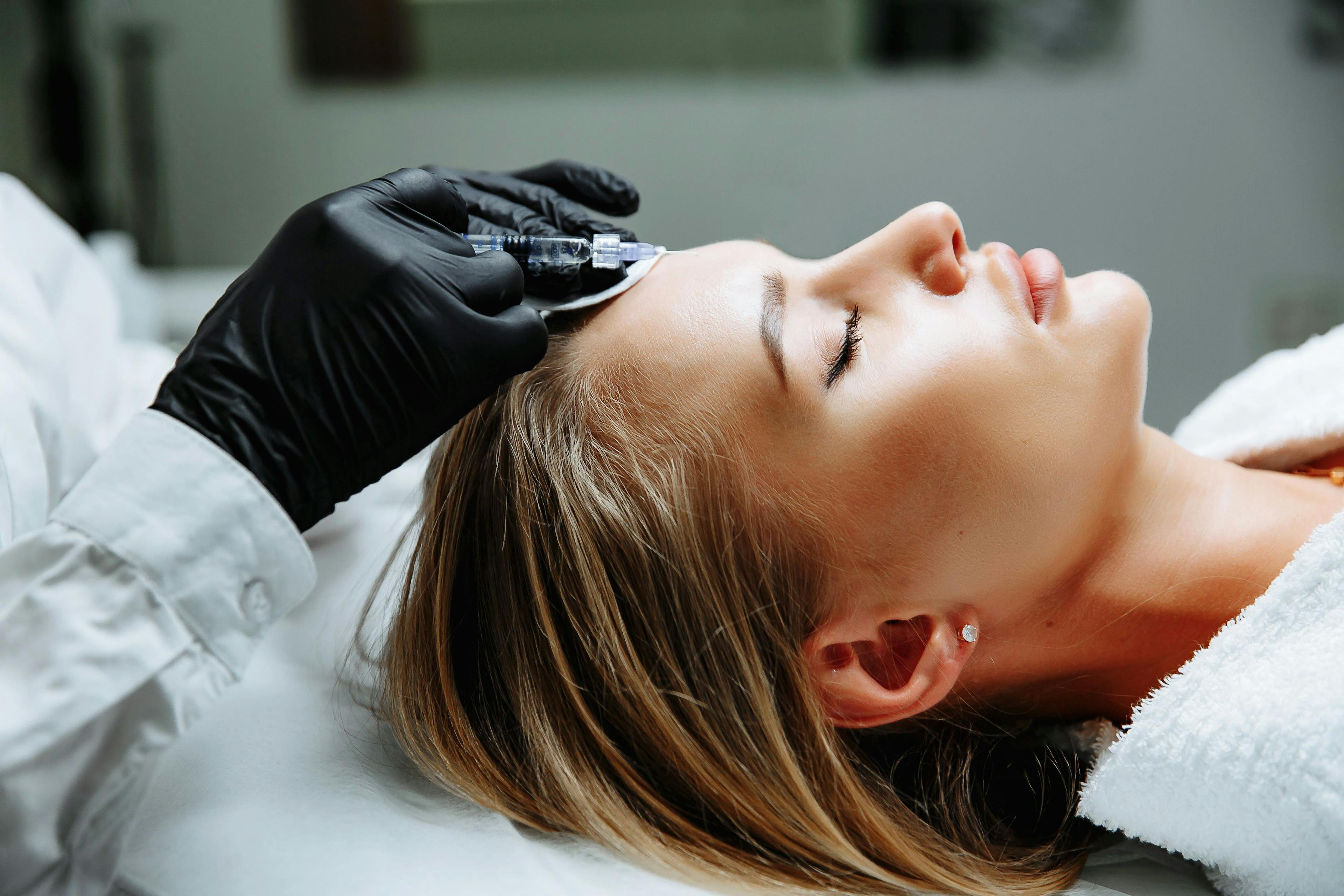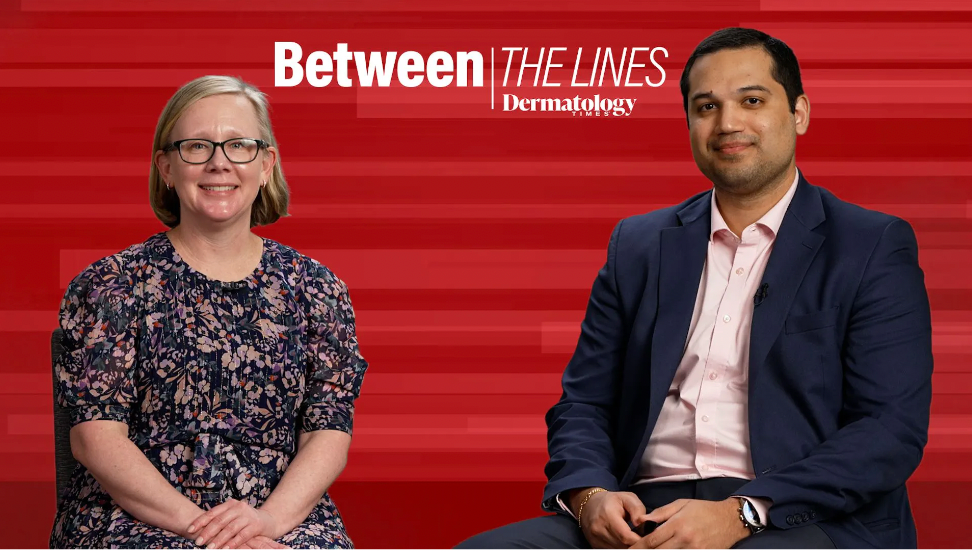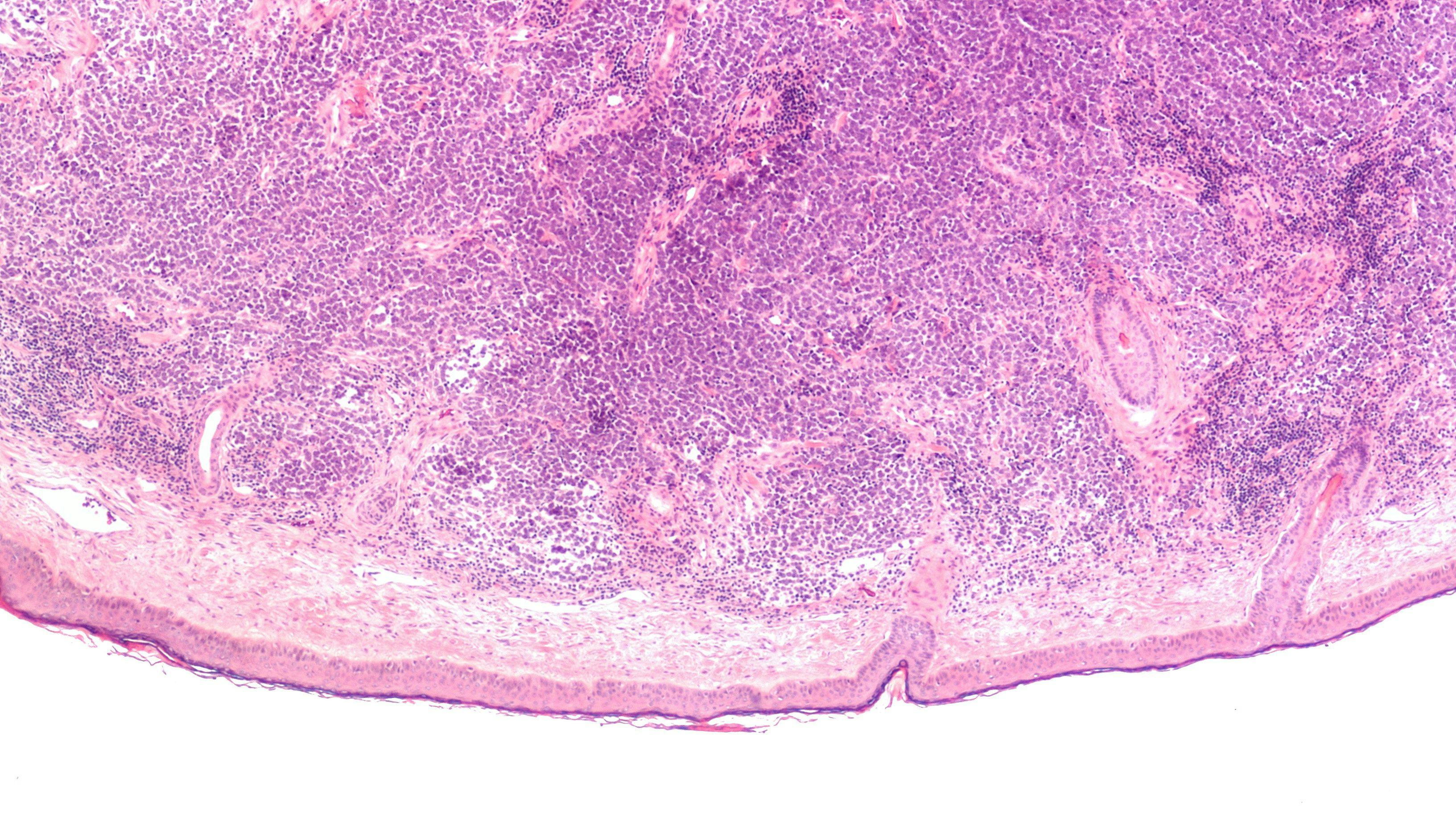- Acne
- Actinic Keratosis
- Aesthetics
- Alopecia
- Atopic Dermatitis
- Buy-and-Bill
- COVID-19
- Case-Based Roundtable
- Chronic Hand Eczema
- Chronic Spontaneous Urticaria
- Drug Watch
- Eczema
- General Dermatology
- Hidradenitis Suppurativa
- Melasma
- NP and PA
- Pediatric Dermatology
- Pigmentary Disorders
- Practice Management
- Precision Medicine and Biologics
- Prurigo Nodularis
- Psoriasis
- Psoriatic Arthritis
- Rare Disease
- Rosacea
- Skin Cancer
- Vitiligo
- Wound Care
Publication
Article
Dermatology Times
Discovering Dermatology Times: July 2023
Author(s):
Learn more about the in-depth topics covered in the July 2023 issue of Dermatology Times®.

The July issue of Dermatology Times includes a collection of thought-provoking articles and topics ranging from managing acne vulgaris during pregnancy and lactation to considering the use of artificial intelligence in dermatology. Be sure to take a look at the highlights from the issue below. Also, don’t miss a moment of Dermatology Times by signing up for our eNewsletters and subscribing to receive the print issue each month.
Managing Acne Vulgaris During Pregnancy and Lactation
Pregnancy and lactation bring about significant changes in a woman’s body, including hormonal fluctuations, particularly, increased levels of androgens, which can contribute to the development or exacerbation of acne. Similarly, lactation is associated with hormonal changes, including elevated levels of prolactin, which can influence acne development. Navigating acne treatment during pregnancy and lactation requires careful consideration of the physiological changes that occur during these stages. The impact of acne on these patient populations extends beyond physical discomfort, potentially leading to significant psychological and emotional effects.
Topical Creams Are Important in Atopic Dermatitis Treatment
Topical creams remain one of the most accessible, effective treatment options for patients with atopic dermatitis (AD). In a Dermatology Times DermView custom video series titled “The Power of Topical Creams: Combining BSA and Itch Data for Effective Atopic Dermatitis Management,” Shawn Kwatra, MD, director of the Johns Hopkins Itch Center and associate professor of dermatology at Johns Hopkins University School of Medicine in Baltimore, Maryland, moderated a discussion about the topical treatment landscape. Also participating was Peter Lio, MD, clinical assistant professor of dermatology and pediatrics at Northwestern University Feinberg School of Medicine in Chicago, Illinois.
Psychological Effects of Cosmetic Procedures Extend Far Beneath the Surface
It is vital for dermatologists to recognize that cosmetic procedures do not always evoke a positive response in patients, and the potential for negative psychological effects must not be overlooked. Cosmetic procedures are in high demand and their impact extends far beyond just superficial changes. These procedures can have considerable psychological ramifications, both positive and negative. From one stance, these procedures have the potential to enhance a patient’s features, making them feel more confident, and can positively impact their quality of life.
Expert Providers Share Their Thoughts on Artificial Intelligence in Dermatology
AI has already made significant waves across the globe as businesses, teachers, researchers, physicians, IT developers, and other career professionals have had to consider what AI can offer in their surroundings. In both health care and dermatology, the discussion of AI is increasing as care providers are faced with questions about how AI will be used to communicate with patients or even diagnose certain conditions. To understand what concerns exist in the dermatology field and what providers are optimistic about, Dermatology Times asked experts from our Editorial Advisory Board their thoughts on AI and what other providers can expect moving forward.
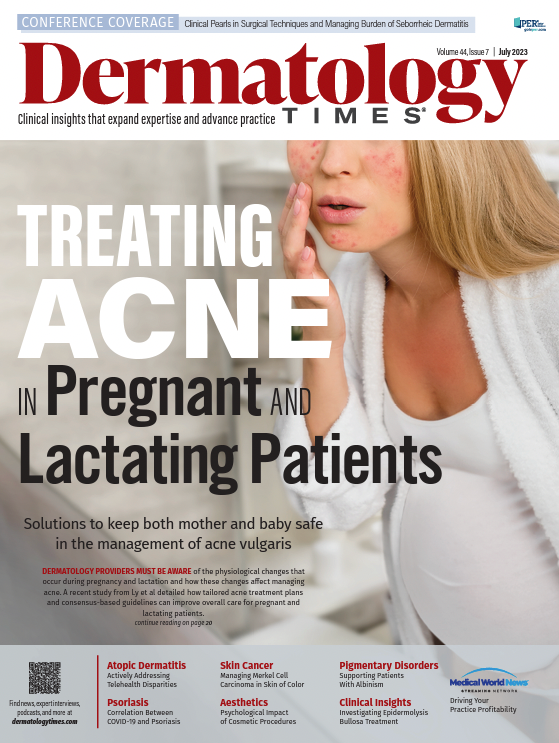
Newsletter
Like what you’re reading? Subscribe to Dermatology Times for weekly updates on therapies, innovations, and real-world practice tips.




